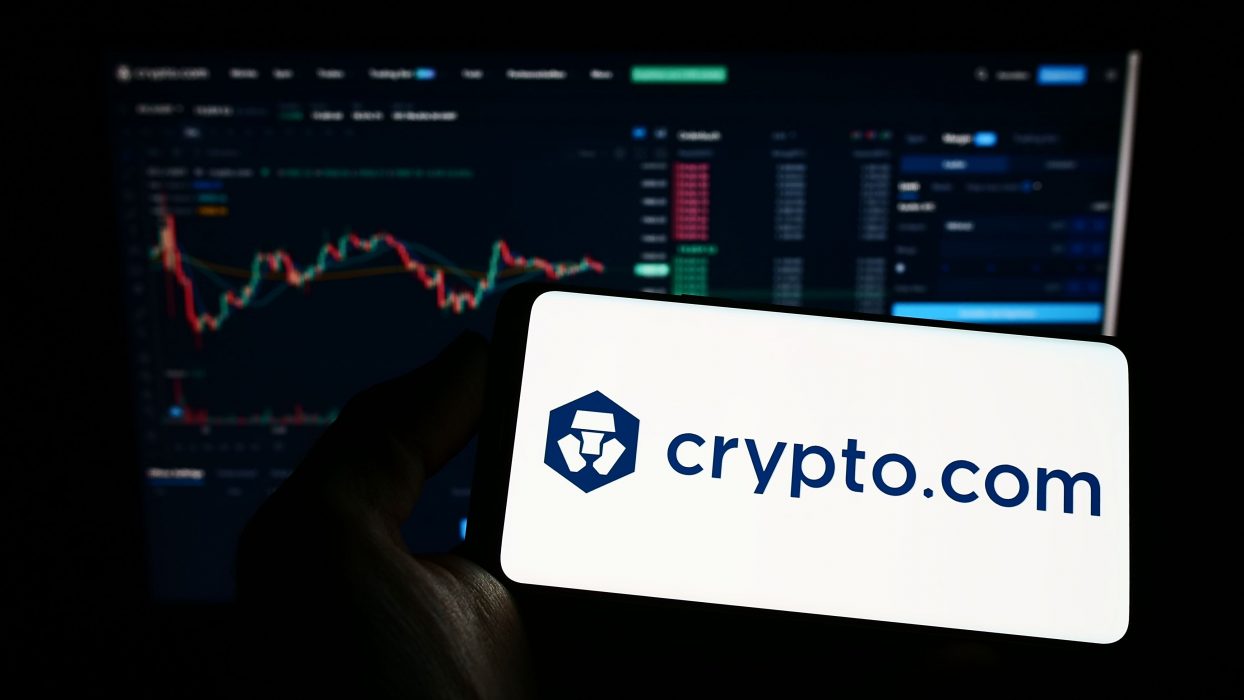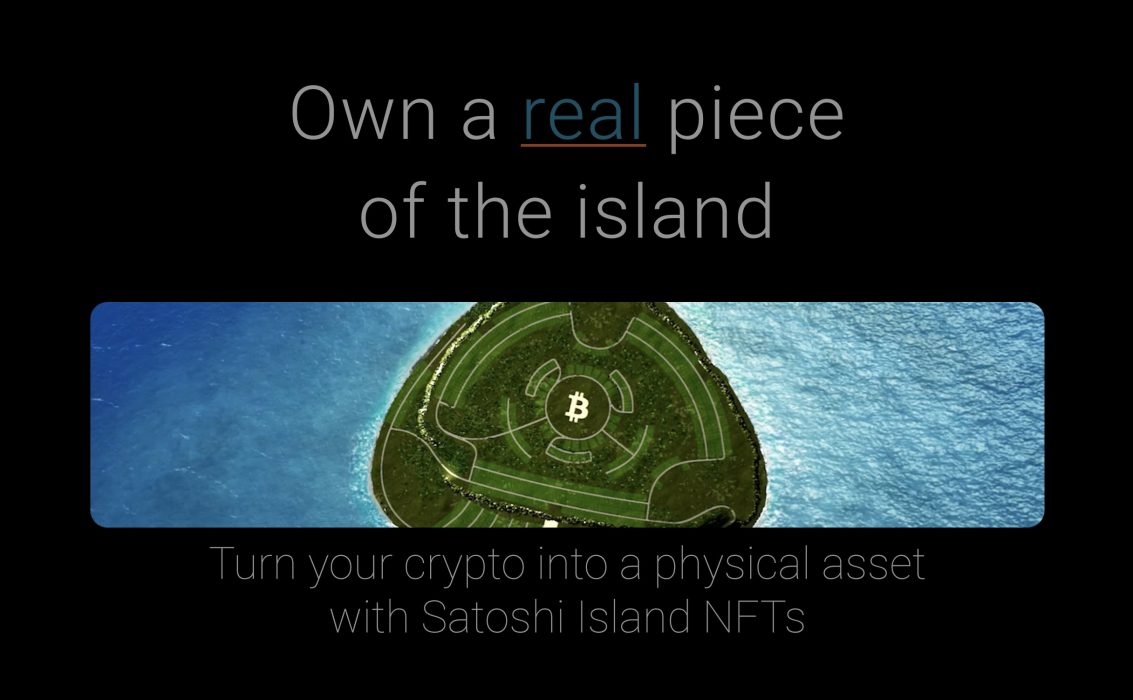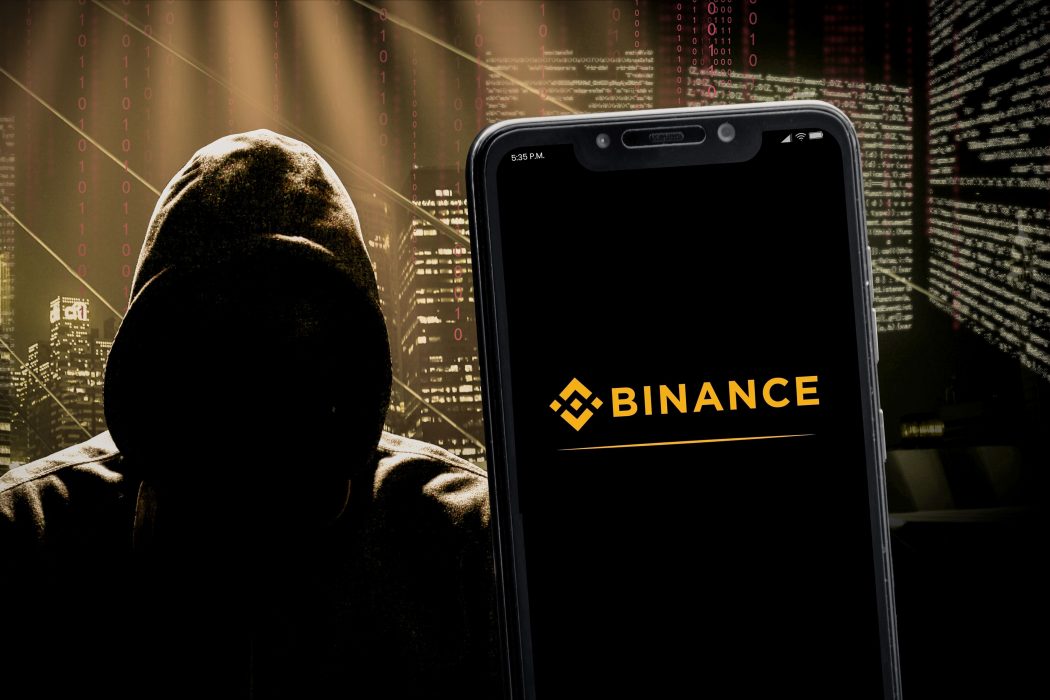In a milestone decision for crypto regulation, South Africa declared on October 19 that all crypto assets are, in fact, financial products.
This declaration from South Africa’s Financial Sector Conduct Authority (FSCA), the nation’s financial services regulator, means that all crypto assets are now governed by the Financial Advisory and Intermediary Services Act, 2002 and will be subject to the same regulation as other financial products.
The declaration was signed by South Africa’s Commissioner of the FSCA, Unathi Kamlana, and came into effect immediately.
What Now Qualifies as a Crypto Asset in SA?
The declaration includes a definition of what qualifies as a crypto asset. The definition used is quite broad, defining a crypto asset as a ‘digital representation of value’ that meets the following three criteria:
- It’s not issued by a central bank but it is able to be traded, transferred or stored, allowing it to be used for payment, investment or other uses;
- It applies cryptographic techniques;
- It uses distributed ledger technology (such as blockchain).
What Does it Means for Crypto Investors in South Africa?
For the first time, cryptocurrencies will be regulated in South Africa, which stands to bring significant benefits to investors and consumers — such as improved legal protections for victims of scams and improved anti-money laundering (AML) and know your customer (KYC) compliance.
Regulation will also lead to more clarity around the legal status of cryptocurrencies that may encourage more commercial and enterprise use cases, such as real-world asset tokenisation and partnerships between traditional financial institutions and crypto-based businesses.
Despite the benefits of regulating crypto, there are fears that increased regulation and KYC requirements may lead to marginalised people losing access to crypto services on which they rely, with some suggesting people who earn under a certain threshold should be exempt from KYC requirements.
According to Finder’s Cryptocurrency Adoption Report, released in August 2022, 4.2 million South Africans own crypto, that’s 10 percent of the population, slightly lower than the global average of 15 percent.
















